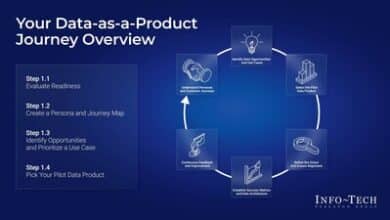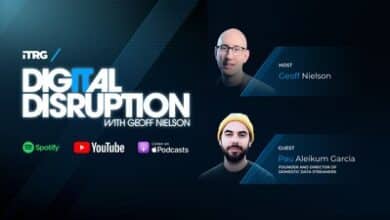In the rollercoaster world of business, the question of whether to master a skill or hire a professional often comes up. Evaluating the pros and cons associated with each decision can become critical. This article will scrutinize the costs and benefits that come with mastering a skill versus hiring a professional, and how each choice can impact your bottom line.
The Value of Mastering a Skill in Business
Self-learning and mastering a new skill can bring a sense of empowerment to an entrepreneur. It enables you to take full control of the business processes. The mastery of a skill can bring about cost savings, especially for startups with limited budgets. Moreover, it fosters innovation as learning experiences force you to think differently.
However, the process of learning can be time-consuming and has the potential to divert attention away from other core business activities. The results may also be sub-optimal until a high proficiency level is reached.
Exploring the Concept of Hiring Professionals
On the other hand, hiring professionals or outsourcing tasks can provide immediate access to expert skill sets, which in turn ensures a high quality of work from the start. Professionals bring their own tools and techniques, improving efficiency and possibly bringing fresh perspectives.
The drawback, however, is the cost. Hiring professionals might not be financially feasible for everyone, particularly small businesses and startups. Moreover, finding the right people to work with takes time and resources.
Cost-Benefit Analysis: Self-learning Vs. Outsourcing
A detailed cost-benefit analysis can help make the decision clearer. When calculating costs, it’s important to factor in not just financial implications but also the time and energy spent. Here are some items to consider:
- Opportunity Cost: While you’re busy learning a new skill, what are you missing out on? Could this time be better spent?
- Quality of Output: Are you able to produce the same quality of work as a professional?
- Risk: What are the potential risks involved? For instance, an amateur mistake could cost more than hiring a professional.
Impacts on Bottom Line: Pros and Cons
Self-learning has a direct positive impact on the bottom line in terms of savings from not hiring professionals. Nevertheless, there are indirect costs to consider, like the time taken away from other tasks and the potential for lower quality results until you have mastered a skill.
Outsourcing, while more costly upfront, offers potential savings down the line if the professional can complete the task more efficiently and at a higher quality level. However, a bad hire can also lead to loss of time and resources.
Making the Decision: What’s Best for Your Business?
Ultimately, the decision to master a skill or hire a professional depends on individual business circumstances, particularly budget, timeline, and the nature of the skill needed. It can also depend on your personal preferences towards learning versus delegating. It’s important, no matter your decision, to weigh up all the pros and cons and consider what is best for your business’s unique situation.
In conclusion, the decision to learn a skill or outsource it depends on many factors, including budget, timeline, and the importance of the task. If time and quality are crucial, or if finances allow, consider the services of a professional at Fiverr. With hundreds of services offered by talented freelancers in areas such as web development, digital marketing, and graphic design, many aspects of your business can be easily outsourced. Fiverr provides an efficient and cost-conscious solution for businesses seeking professional assistance. Above all, remember to make educated choices considering your individual business circumstances and needs. Start exploring the world’s largest freelance marketplace today!
Don’t miss our latest Startup guide: Professionals or Pupils: Choosing Who’s Best for Your Digital Tasks.



